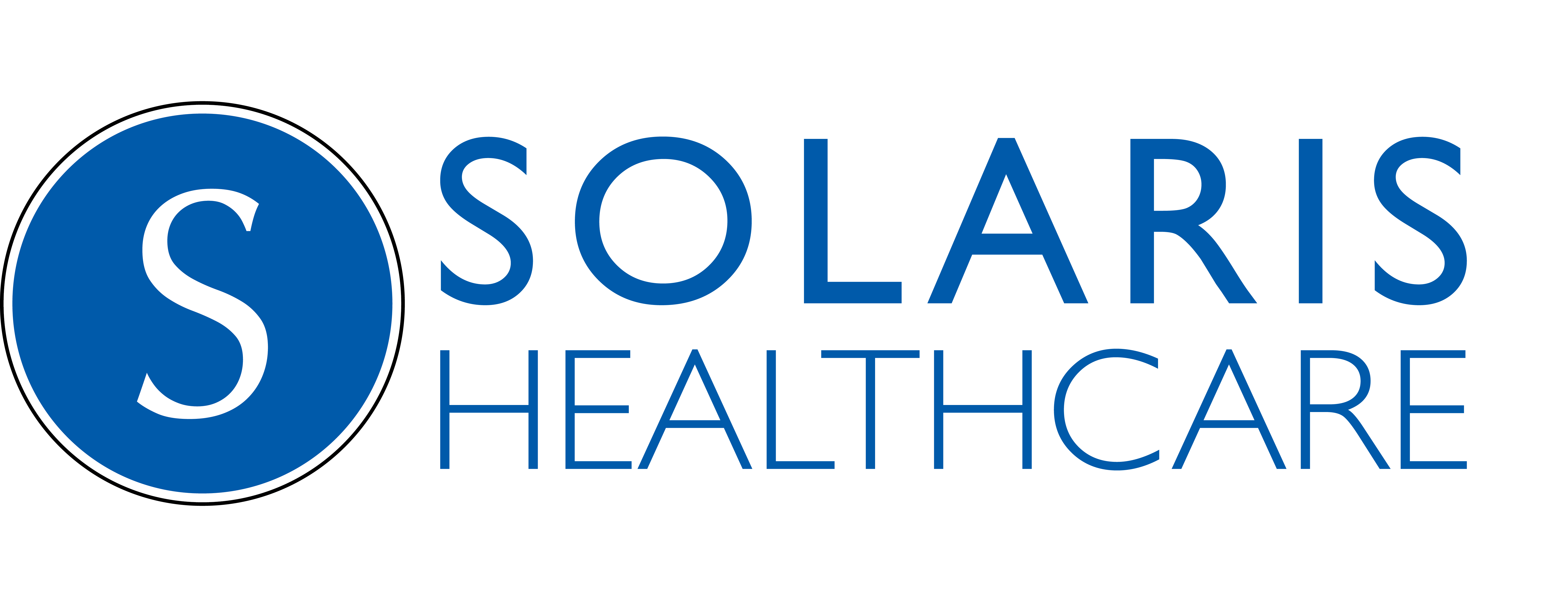Hospice and Palliative Care: The Heart of Patient-Centered Healthcare
How Solaris Healthcare’s Approach to Hospice and Palliative Care Enhances Quality of Life

In healthcare, the best outcomes often come when the individual needs, values, and preferences of each patient are at the core of care decisions. This approach, known as patient-centered care, is the foundation of hospice and palliative care at Solaris Healthcare. By focusing on the patient’s overall well-being—physical, emotional, and spiritual—hospice and palliative care offer a compassionate, personalized experience that aligns with what truly matters to each individual.
Understanding Patient-Centered Care in Hospice and Palliative Settings
Patient-centered care is about more than medical treatment; it’s about listening to each patient’s unique story, understanding their values, and respecting their choices. This philosophy is essential to both hospice and palliative care, which prioritize comfort and quality of life above all else.
Hospice care supports patients in the final stages of life by focusing on managing pain, reducing symptoms, and providing emotional and spiritual support.
Palliative care, on the other hand, is available with advanced illness and can be offered alongside curative treatments. Both types of care are tailored to the individual’s needs, preferences, and goals.

Key Ways Hospice and Palliative Care are Patient-Centered
1. Personalized Care Plans
Every patient’s experience with illness is unique, and so are their care needs. In hospice and palliative care, a personalized plan is developed to address the individual’s symptoms, treatment goals, and overall well-being. This plan may include pain management, support for emotional and spiritual needs, and resources for families.
At Solaris Healthcare, our team works closely with patients and families to ensure that each care plan reflects the patient’s values, beliefs, and desires, creating a truly individualized experience.
2. Honoring Patient Preferences and Autonomy
A core element of patient-centered care is honoring each patient’s preferences and ensuring they have a voice in their treatment decisions. In hospice and palliative care, patients are encouraged to express their wishes for their care, from symptom management to the types of support they want during their illness.
For example, some patients may prefer a quiet, peaceful setting, while others may find comfort in spending time with family and friends. By respecting these choices, Solaris Healthcare’s hospice and palliative care teams provide an environment where patients feel empowered and respected.
3. Emotional and Spiritual Support for Holistic Care
Our holistic approach addresses the emotional challenges and spiritual needs that often accompany serious illness, allowing patients to find peace, comfort, and meaning even in difficult times. Whether it’s through one-on-one counseling, family meetings, or spiritual guidance, our team is dedicated to supporting the whole person.
4. Involvement of Family and Loved Ones
Patient-centered care extends beyond the individual to include family members and loved ones, who play a significant role in the patient’s well-being. Hospice and palliative care provide resources and support for families, helping them navigate the challenges of caregiving, decision-making, and emotional support.
At Solaris Healthcare, we believe in caring for families as much as we care for patients. Our team offers guidance, counseling, and practical resources to ensure that families feel supported and prepared, helping to create a compassionate environment for everyone involved.
5. Proactive Communication and Coordinated Care
In hospice and palliative care, proactive communication and collaboration among healthcare providers are essential to delivering seamless, patient-centered care. The hospice and palliative teams at Solaris Healthcare work closely with primary care physicians, specialists, and other healthcare professionals to ensure that the patient’s care is consistent, well-coordinated, and focused on their unique needs.
This teamwork ensures that patients receive the right care at the right time, preventing unnecessary hospitalizations and enhancing the overall quality of their experience.
Hospice and palliative care exemplify the essence of patient-centered healthcare by prioritizing comfort, dignity, and quality of life. At Solaris Healthcare, our approach to hospice and palliative care is rooted in understanding, respecting, and fulfilling each patient’s unique needs and preferences. Whether you or a loved one is considering hospice or palliative care, know that our team is here to provide compassionate, individualized care that supports both patients and families.
If you’d like more information about hospice and palliative care at Solaris Healthcare, please feel free to reach out to us. We are here to help you navigate this journey with compassion and understanding.
Share:
Search Resources
ADDITIONAL RESOURCES
LEARN ABOUT OUR CARE SERVICES:
PALLIATIVE CARE →
INDUSTRY TRUSTED




